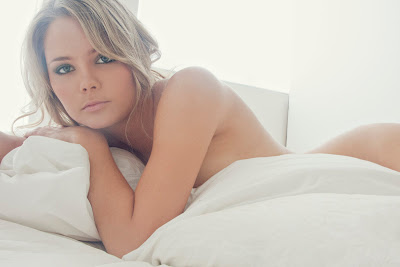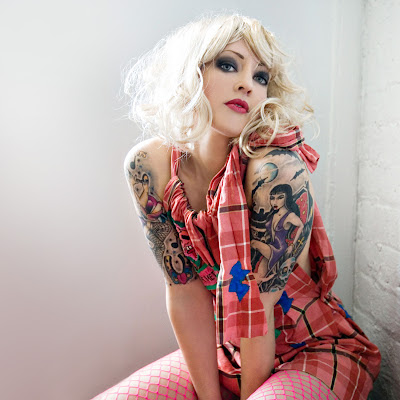If you are a long time reader, then you know that my idol is Contemporary Glamour Portrait Photographer, Sue Bryce. When she agreed to answer my interview questions, I was thrilled! If you haven't read about her journey, please do so-she's a rags to riches photographer, and her story is wonderful!
Where is home?
Although I was born and brought up in New Zealand, home for me now is Sydney, Australia

How long have you been a photographer?
I have been in the Professional Photographic industry for 22 years, the first 4 years as a photographic retouch artist for professionals while I was shooting part time and the last 18 years in studio shooting portraits.


When did you get the ah-ha moment when you knew you wanted to become a photographer?
Working as a retoucher and seeing my first glamour shoot come though. It was 1990 Glamour was the biggest trend in Photography in the world at the time. I saw it and said to myself “I want to do that!” I was a girlie girl, I was never interested in shooting weddings or families.
How would you describe your style?
Contemporary Portrait. Modern Glamour or Fashion Inspired Portraits
What is the best part of being a photographer?
Being Creative. I never want to work in an office and I love that I can work my own hours. I don’t imagine working in the same place everyday. Wearing a grey suit. I love the hours and the creative process behind shooting and marketing my business.
Can you tell us what's in the bag?
Canon 1Dmk iv, Canon 5dmk ii, 50mm 1.0, 35mm 1.4, 24-105mm f4, Fuji X100
Which lens is your favorite and why?
35mm because it shoots at 1.4 and it just gets you close enough but it’s also wide, it’s great for video. I love it! In saying that I have had the 24-105mm in my kit for years. It is the most versatile shooting lens for close quarters/
Give us one way you market your business, please!
Only one! But I have so many!
Marketing should be the most creative part of your business not just photography. Once you learn to be creative in your marketing and think outside the square you will stand out from the rest.
Also, create a marketing plan to work for your business – don’t look at what every other photographer is doing, look at what others in the consumer markets are doing.
65% of people are watching YouTube over TV if you are not creating multimedia product for your business you are not competing in today's market. Connection communication is the new marketing.



What advice would you like to give other photographers?
Listen to your clients! They are one that is paying you. Ask them how they truly want to be photographed and then really listen to the answer. I know they choose a particular photographer for their style, but We are there to provide a service.









